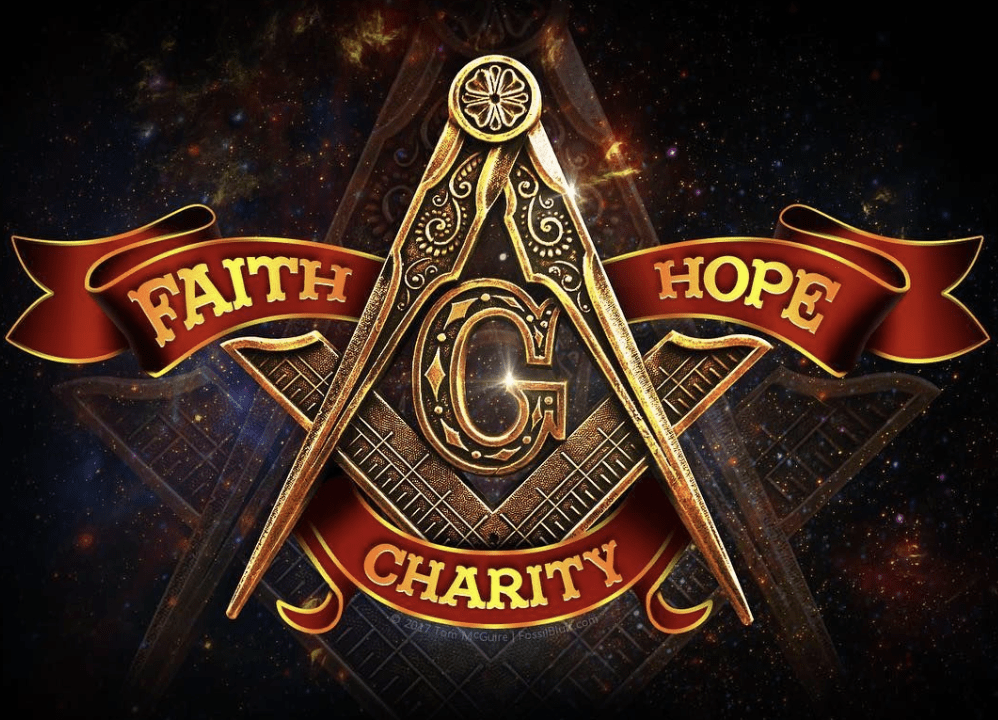American Freemasons who played a significant role in shaping the history of the USA.
Freemasonry is a fraternal organization that has counted numerous influential individuals among its members throughout history. However, it's important to note that membership in Freemasonry is often a private matter, and not all Freemasons' affiliations are widely known or documented. Freemasonry doesn't imply any specific beliefs or affiliations beyond its fraternal and charitable elements. Throughout the history of the United States, Freemasons have played a significant role in shaping the nation's major events, from its founding to the present day. Here are some famous American Freemasons throughout history..
John Marshall: The Great Chief Justice
John Marshall was Chief Justice of the United States Supreme Court from 1801 to 1835. He was a member of the Richmond Randolph Lodge No. 19 in Richmond, Virginia.
John Marshall is best known for his landmark decision in the case of Marbury v. Madison (1803). In this case, Marshall asserted the power of the Supreme Court to review and declare acts of Congress unconstitutional. This principle, known as judicial review, has since become a cornerstone of American constitutional law.
John Marshall's tenure on the Supreme Court was marked by several decisions that enhanced the authority of the federal government. Marshall broadly interpreted the powers of Congress, particularly the "necessary and proper" clause and the commerce clause of the Constitution.
These contributions have had a lasting and profound influence on American constitutional law and the role of the Supreme Court as the guardian of the Constitution's interpretation. Marshall's legacy as a chief justice continues to shape the nation's legal and political landscape.
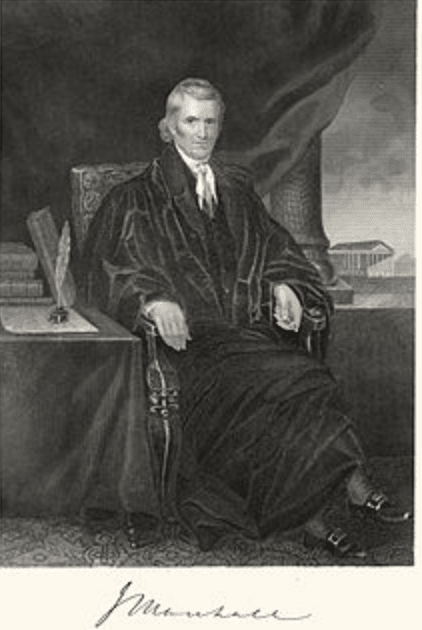
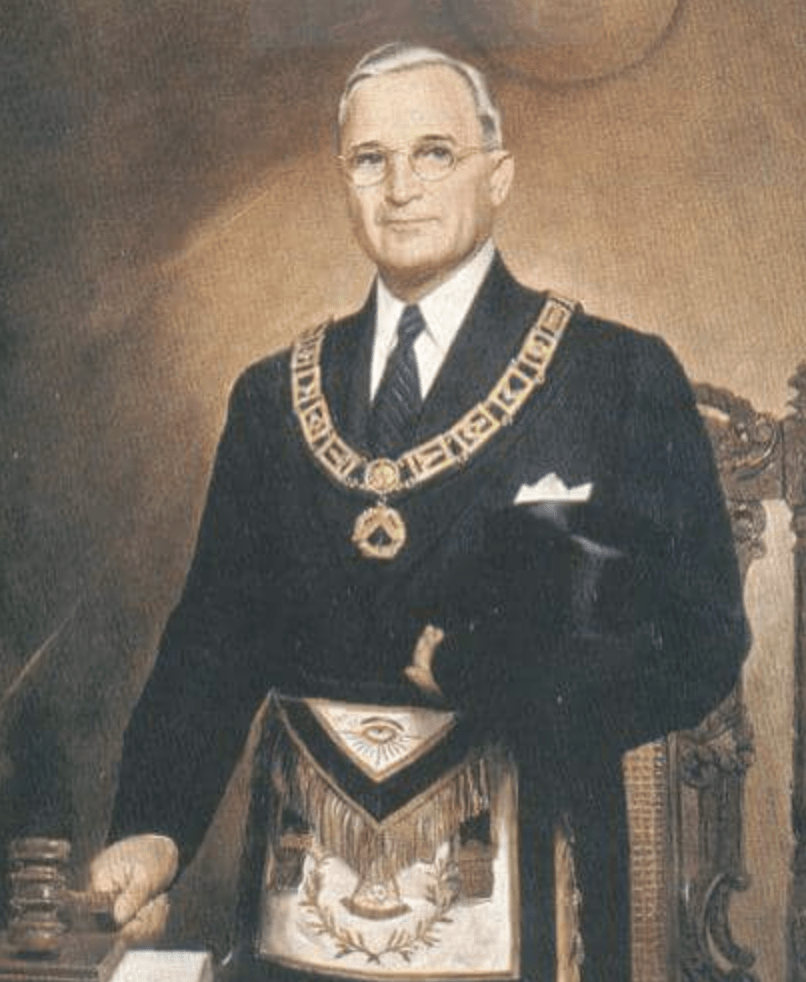
Harry S. Truman: The Freemason President
Harry S. Truman, the 33rd President of the United States, is renowned for his leadership during the post-World War II period, including the decision to drop atomic bombs on Japan and the establishment of the Truman Doctrine. Less widely known, however, is his membership in the Freemasons. Harry Truman's initiation into Freemasonry occurred in 1909 when he joined the Belton Masonic Lodge in Missouri.
Harry Truman's presidency was marked by the challenges of post World War II reconstruction, the onset of the Cold War, and pivotal decisions in foreign policy and civil rights. He is often remembered for his decisive leadership and strong stand in confronting the global challenges of his time.
Harry Truman's membership in the Freemasons offers a unique perspective on his personal character and principles. While he is celebrated for his leadership during a pivotal period in American history, his involvement in Freemasonry underscores his commitment to moral values, brotherhood, and civic engagement.
Henry Ford: The Innovator and Freemason
Henry Ford, the American industrialist, and founder of the Ford Motor Company, is renowned for revolutionizing the automobile industry and introducing mass production techniques that transformed the world. Henry Ford's initiation into Freemasonry occurred when he joined Palestine Lodge No. 357 in Detroit, Michigan, in 1894. His journey in Freemasonry was marked by several key aspects.
Henry Ford's philanthropic endeavors, such as the establishment of the Ford Foundation and the construction of the Ford Rouge Plant, were expressions of his commitment to community service and the betterment of society, which closely aligned with the values promoted by Freemasonry.
Henry Ford remains a celebrated figure not only for his industrial innovations but also for his dedication to the values that underpin success and the betterment of society. His Masonic affiliation sheds light on the values that may have informed his remarkable journey as an innovator and industrialist.
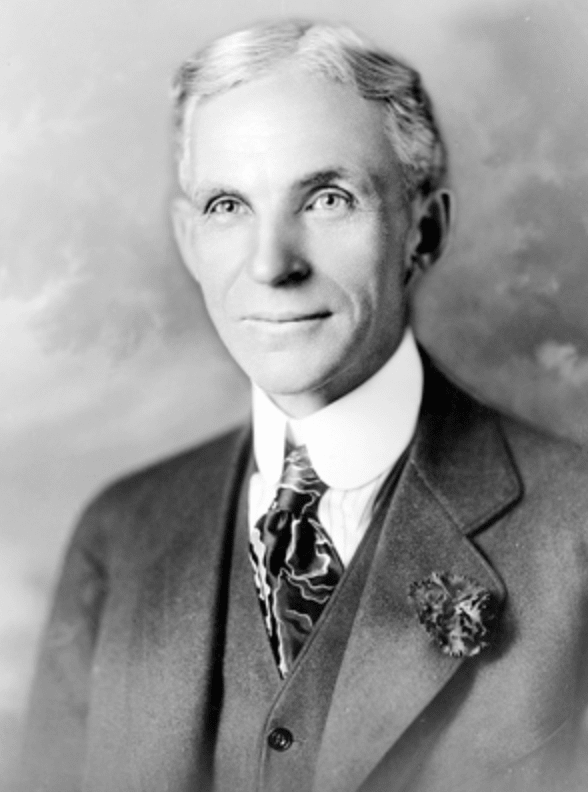
Buzz Aldrin: The Freemason and Space
Buzz Aldrin, was one of the first two humans to walk on the moon during NASA's Apollo 11 mission in 1969. Buzz Aldrin's affiliation with Freemasonry began when he became a Freemason in Montclair, New Jersey, USA, shortly before his historic mission to the moon in 1969.
The successful Apollo 11 mission was a moment of immense national and international pride. Aldrin and his fellow astronauts became symbols of American ingenuity and determination during the space race with the Soviet Union. This achievement contributed to a sense of unity and pride during a turbulent time in U.S. history.
Buzz Aldrin's legacy extends beyond his pioneering space exploration achievements. He embodies the values and ideals of the Masonic fraternity, illustrating the interconnectedness of these spheres and emphasizing the enduring influence of Freemasonry. Aldrin is a symbol of human exploration, scientific discovery, and fraternal brotherhood.
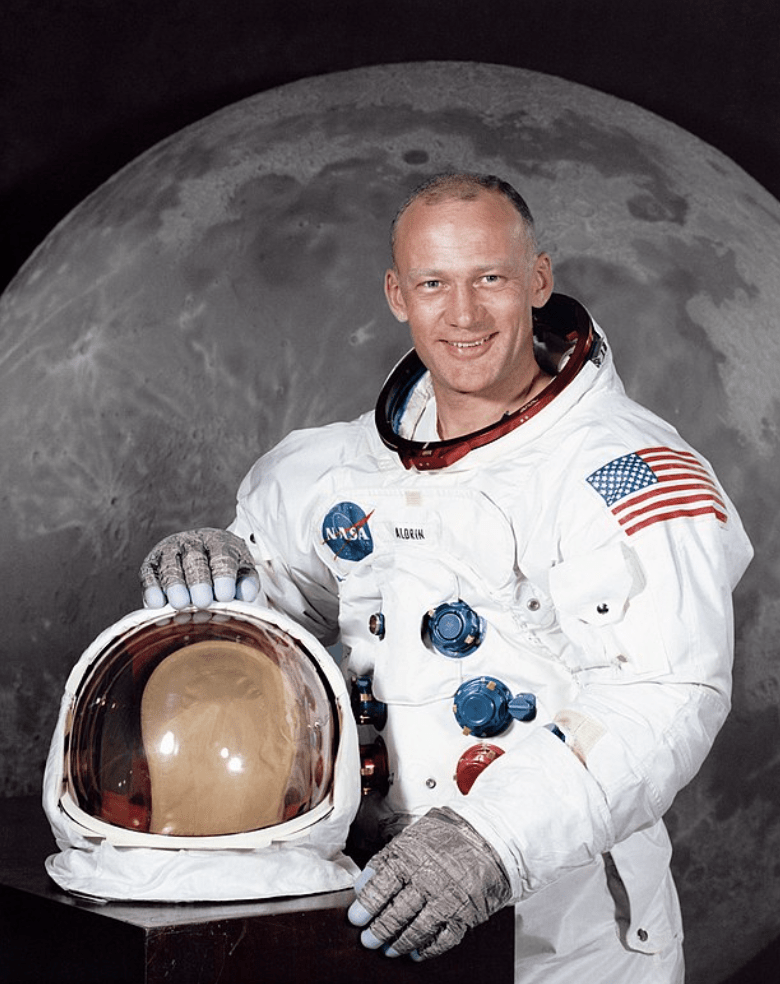
It is important to mention that although these famous people were recognized members of the Freemason society, being part of the group does not necessarily indicate any specific beliefs or connections beyond the fraternal and charitable aspects of Freemasonry. Furthermore, the details of Freemasonry and its participants are not always complete or agreed upon by everyone.
to be continued...
bro.k.u.10.06.23
